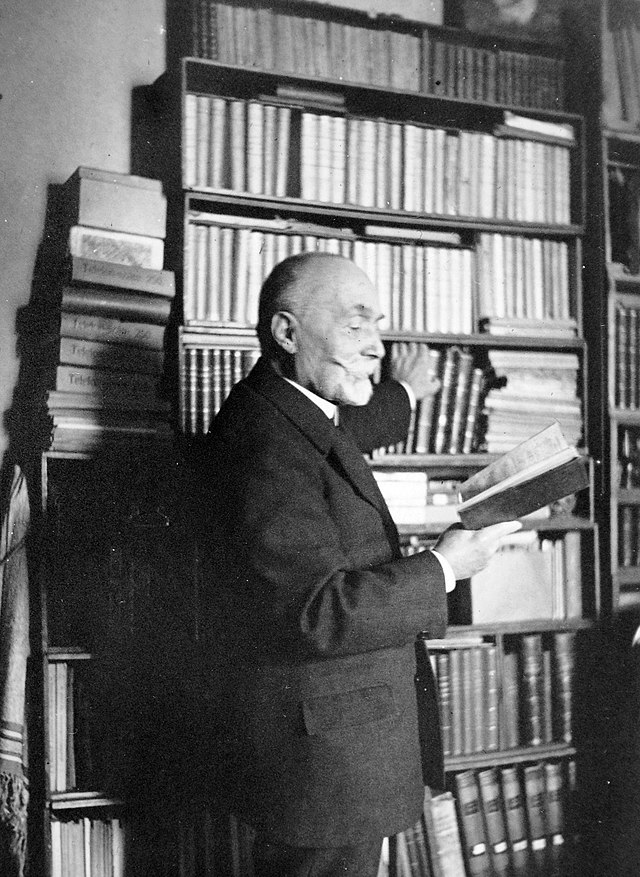Open Letter from Engineer António Forte, Published in the Real Gazeta Invicta, on October 7, 1920
Open Letter from Engineer António Forte, published in the Real Gazeta Invicta, on October 7, 1920
Dear editors, esteemed readers
I am – by habit, by principle, and by natural virtue – a man of few words. So please believe me, dear readers, distinguished editors of the Gazeta, that when a subject makes me run out of ink, it’s because I’m living it intensely, and because only by writing about it will I be able to make all my indignation felt.
For this is all about indignation. I here confess: I may have been one of the first to question this new source of energy for the Kingdom, which has everything to alarm good people. But I was also one of the first converts, and today I am proud of this nectar that drives our industry: this nectar made by our winegrowers, with our vineyards, like everything else in our agriculture, cultivated by our brave farmers, in our soil, with our manure. Above all, this change in wine has not shaken one of my great certainties in life: «Ponte de Lima», white; «Ponte da Barca», red. So, raise the vine leaf; make it a flag, and you’ll see me standing, hat in hand, with all the patriotic fervour that a glorious Kingdom deserves.
However, to open my mouth to sing such a hymn, that, I can’t accept. Music is the domain of noble souls, but not all music. The songs that are barked out in taverns, by spirits already touched and tainted by too much wine, are of an astonishing baseness and coarseness. Unfortunately, many of our citizens don’t have the character to resist the temptation to sing these barbarities – it’s just another sad symptom of our times, when young people are not given to the suffering that is so necessary to form character.
I suppose we must tolerate such behaviour. Nevertheless, what we cannot, must not, tolerate is that the hymn composed for our august Kingdom should be based on such tavern songs. As if the insult wasn’t enough, I have been informed by reliable sources that the hymn was composed by a woman. I’ll refrain from commenting on the situation: the honoured reader will surely have enough discernment to be indignant. The woman, the being I most admire on this earth, is too sophisticated to frequent taverns, but not so sophisticated that she can do true justice to the art of the muses. So we have, here, before us, a chimera, a shrew, who dishonours both music and the Kingdom.
Give us another hymn! Give us something worth singing, and we’ll sing it!
With my most honourable regards,
António Forte, Engineer

Comments